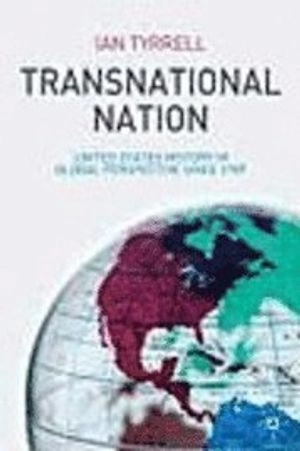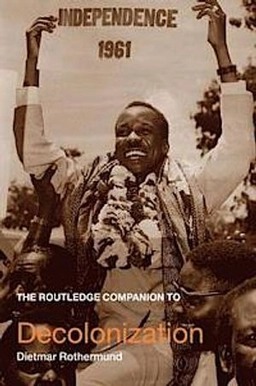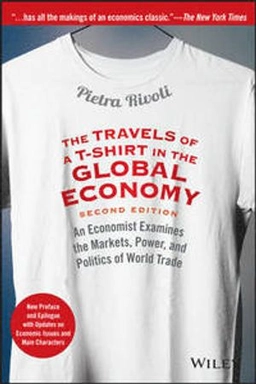

Transnational nation : United States history in global perspective since 1789
- Utgiven: 2007
- ISBN: 9781403993687
- Sidor: 296 st
- Förlag: Palgrave Macmillan
- Format: Häftad
- Språk: Engelska
Om boken
Åtkomstkoder och digitalt tilläggsmaterial garanteras inte med begagnade böcker
Mer om Transnational nation : United States history in global perspective since 1789 (2007)
2007 släpptes boken Transnational nation : United States history in global perspective since 1789 skriven av Ian R. Tyrrell. Den är skriven på engelska och består av 296 sidor. Förlaget bakom boken är Palgrave Macmillan som har sitt säte i London.
Köp boken Transnational nation : United States history in global perspective since 1789 på Studentapan och spara pengar.
Referera till Transnational nation : United States history in global perspective since 1789
Harvard
Oxford
APA
Vancouver



















